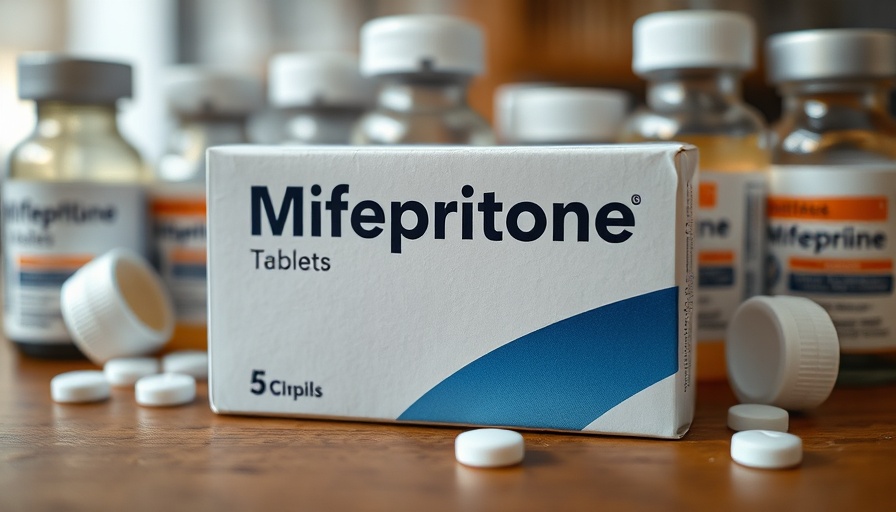
Legal Battle Over Abortion Pills: Louisiana Mother Pleads Not Guilty
A Louisiana mother’s plea of not guilty to felony charges for allegedly providing abortion pills to her teenage daughter has ignited a legal controversy, pitting state laws against each other and raising crucial questions about abortion access in the U.S. This historic case marks a significant moment in the ongoing struggle surrounding reproductive rights, especially in the wake of the Supreme Court’s decision to overturn Roe v. Wade.
Understanding the Background of the Case
The case revolves around a 39-year-old Louisiana woman who is accused of acquiring abortion medication, specifically mifepristone and misoprostol, from a New York doctor, Dr. Margaret Carpenter. The woman obtained the medication through an online questionnaire, without a formal consultation with her daughter. Following the administration of the pills, the daughter experienced a medical emergency, which subsequently prompted an investigation tracing the pills back to Carpenter. This highlights a troubling facet of telemedicine practices in states with strict abortion laws.
The Legal Implications of Crossing State Lines
The battle between Louisiana’s near-total abortion ban and New York’s protective shield laws may be unprecedented. Louisiana became the first state to classify mifepristone and misoprostol as "controlled dangerous substances," immediately after which a grand jury indicted the mother for criminal abortion. This case underscores a growing national trend, where states are increasingly targeting out-of-state doctors who provide abortion services. Legal experts predict that this will escalate to federal courts, posing critical constitutional questions about states’ jurisdictions and their ability to regulate activities that occur beyond their borders.
The Role of Telemedicine in Abortion Access
Telemedicine has revolutionized the way healthcare services are delivered, particularly for those seeking abortions. A significant number of abortion prescriptions are now provided online and via telehealth consultations, making access easier for individuals in restrictive states. However, this case illustrates the legal risks involved. Dr. Carpenter, under New York’s protective laws, now faces felony charges potentially infringing upon her rights as a healthcare provider. Following the indictment, New York Governor Kathy Hochul refused an extradition request from Louisiana, emphasizing the divide between state and federal approaches to reproductive healthcare.
Community Reactions and Societal Impacts
The public response to this case reflects broader sentiments about reproductive rights in the U.S. Community members in states with stringent abortion laws often face challenges accessing safe and legal abortion services. The case has sparked intense debates about parental rights, medical autonomy, and the need for supportive measures for young people making decisions about their reproductive health. Activists argue that limiting access to such medications only serves to endanger the lives and well-being of individuals, especially minors.
Future Trends in Abortion Legislation
As the legal battles continue, this case could set a precedent for how states legislate and enforce abortion-related crimes. The outcomes could encourage similar prosecutions in other states, leading to a climate where individuals and providers face increasing scrutiny and risk. Given the political climate, advocates both for and against abortion access are watching closely as this case unfolds, anticipating rulings that could reshape abortion laws across the country.
Conclusion: Take Action for Reproductive Rights
With this significant legal case bringing national attention to the challenges surrounding abortion access, it's imperative for community members to engage in discussions about reproductive rights and remain informed about local and national legislative changes. Staying informed and active in advocacy can contribute to a more equitable healthcare system for all.
 Add Row
Add Row  Add
Add 






Write A Comment